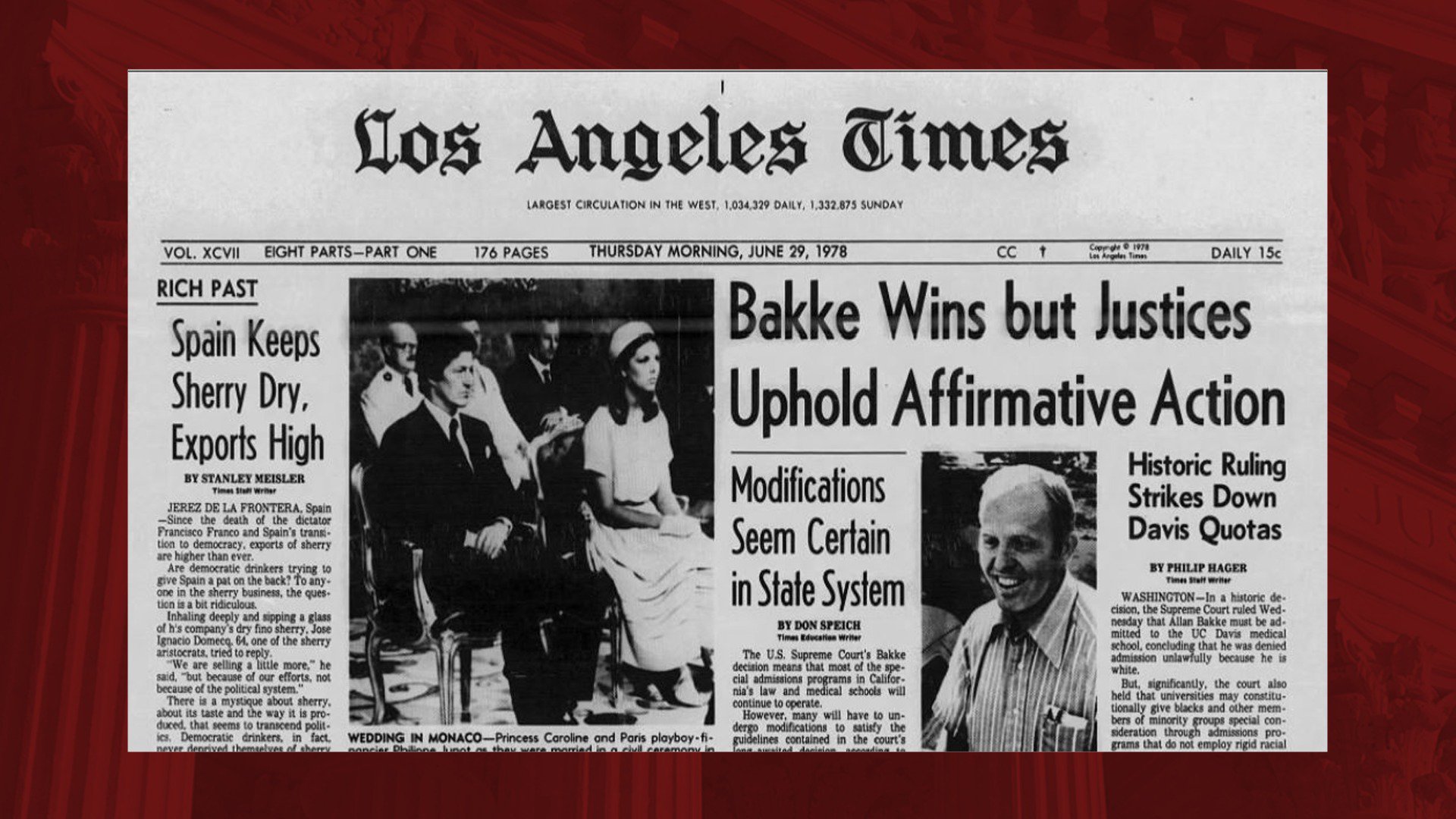While listening in to the Town Hall Meeting, I was able to learn more about several abolitionist leaders I had already known, along with those I haven't heard of. In addition, it was great to be so engaged and focused in on the meeting as each of my fellow classmates had great preparation and research for their presentations, which I think made the Meeting overall a big success!
Two figures that I had known prior to this meeting, but walked out knowing much more was Frederick Douglas and Harriet Tubman. There is no true knowledge of the actual birthday of Douglas because he was a slave; he wasn't just a typical slave though, Douglas was a city slave. Being a city slave, Douglas was treated a little bit differently than the traditional farm slaves were; he was often clothed and housed very well. On top of that, he even was able to encounter education at an early age, which allowed him to learn the alphabet which he put into use in everyday life such as street signs. What I learned from all this, is that this beginning of his life, and this education, is what became his weapon to fight against slavery and claw his way to freedom.
I could go on and on about what I was able to learn from participating in this Town Hall Meeting. I not only was informed about knowledge I had already known, but completely new things that might not come up on a typical google search. By completing my own script and hearing out my classmates, I know that we all did a tremendous amount of research and put lots of time into perfecting our presentation, which is what I think led to the success and what allowed me to learn so much information about some important abolitionists in the past time.





No comments:
Post a Comment